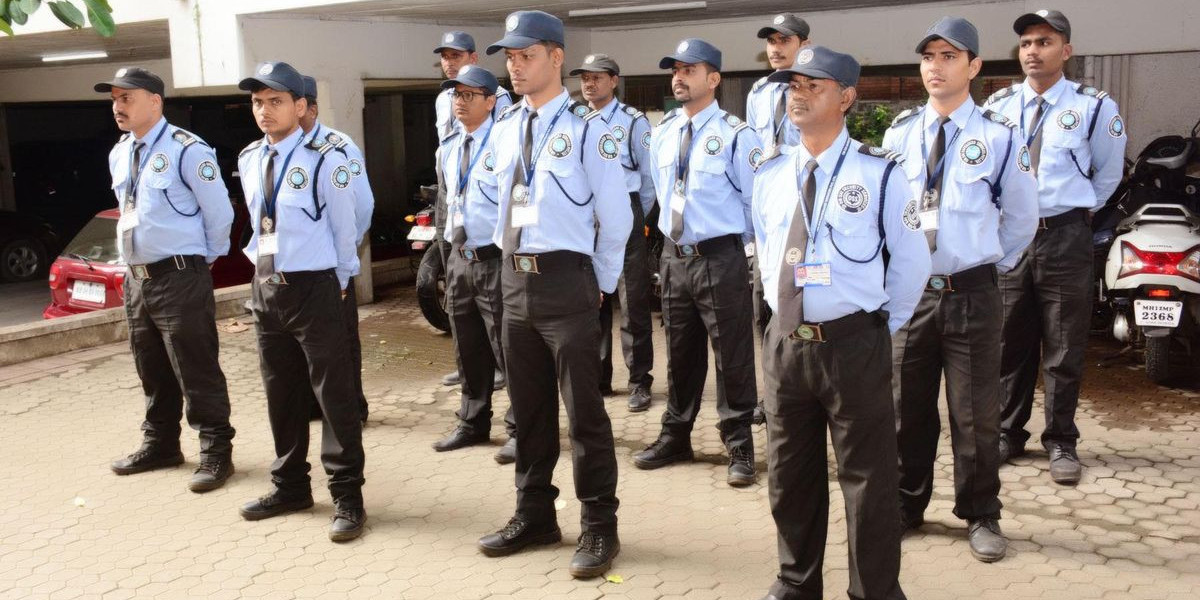Introduction
In today’s complex and rapidly evolving security environment, the need for highly trained personnel capable of ensuring the safety of individuals, assets, and infrastructure has never been more critical. The Protective Security Specialist Training Course is designed to equip individuals with the advanced knowledge and tactical skills required to perform high-level protective operations. Whether for government dignitaries, corporate executives, or high-risk environments, this course lays the foundation for professional success in the security sector.
What is the Protective Security Specialist Training Course?
The Protective Security Specialist Training Course is an intensive, skill-based training program tailored to teach students how to plan, execute, and manage protective security details. This includes close protection (bodyguarding), convoy operations, threat assessment, surveillance detection, and emergency response. It is commonly undertaken by aspiring private security contractors, military personnel transitioning to civilian careers, law enforcement officers, and corporate security teams.
The curriculum typically adheres to both national and international standards, and may be modeled after U.S. Department of State and Department of Defense guidelines. Participants emerge from the course fully capable of functioning as members of high-threat protective security teams in both domestic and overseas environments.
Course Objectives
The primary goal of the Protective Security Specialist Training Course is to develop operational competence in:
Close Protection Techniques: Includes VIP escort procedures, personal security formations, and foot and vehicle movements.
Advanced Driving Skills: High-speed driving, evasive and defensive driving, and convoy security.
Weapons Training: Use of pistols, rifles, and shotguns with a focus on safe handling, marksmanship, and tactical response.
Medical Response: Tactical combat casualty care (TCCC) and emergency first aid under fire.
Threat Assessment: Identifying and mitigating potential threats through risk analysis and behavioral detection.
Surveillance Detection: Techniques to identify and counter surveillance in both urban and rural settings.
Mission Planning: Route planning, venue assessment, communications planning, and operational briefings.
Who Should Enroll?
This course is ideal for:
Military Veterans transitioning to the private security sector
Law Enforcement Personnel seeking advanced training in dignitary protection
Private Security Contractors working in high-risk or overseas environments
Corporate Security Professionals assigned to executive protection roles
Government Security Officers in need of upskilling in protective operations
Participants are generally required to have prior experience in law enforcement, military, or private security. However, some courses may accept civilian applicants with a strong interest in security and a clear background.
Key Benefits of the Training
Hands-On Experience: Real-world scenarios and live training exercises simulate high-risk environments.
Career Advancement: Certification from a reputable training provider significantly enhances job prospects in both domestic and international security roles.
Network Expansion: Trainees gain access to a professional network of instructors, alumni, and industry experts.
Confidence & Preparedness: Graduates leave the course with the tactical readiness and mental fortitude needed for high-pressure assignments.
Course Duration and Certification
The length of the Protective Security Specialist Training Course varies depending on the provider but typically ranges from 4 to 8 weeks. It may be modular or offered as an intensive full-time program. Upon successful completion, participants usually receive a Protective Security Specialist Certificate, with potential endorsements in firearms proficiency, emergency medical care, and driving skills.
Some programs also offer internationally recognized certifications such as:
Executive Protection Specialist
Advanced Weapons and Tactics Certification
TCCC Level 1 or 2
Choosing the Right Training Provider
When selecting a training provider, it’s important to consider:
Accreditation: Ensure the institution is certified and recognized by relevant authorities.
Instructor Experience: Look for trainers with operational backgrounds in military, law enforcement, or intelligence agencies.
Facilities and Equipment: Access to ranges, vehicles, medical training gear, and simulation environments is crucial.
Graduate Success Rate: High job placement rates and alumni testimonials are good indicators of a program’s quality.
Conclusion
The Protective Security Specialist Training Course is more than just a training program—it’s a gateway into one of the most demanding and respected professions in the security world. It provides the skills, mindset, and credentials necessary to perform critical protective duties in unpredictable and often dangerous environments. For individuals seeking to make a meaningful impact in personal or corporate security, this course is a vital first step.








